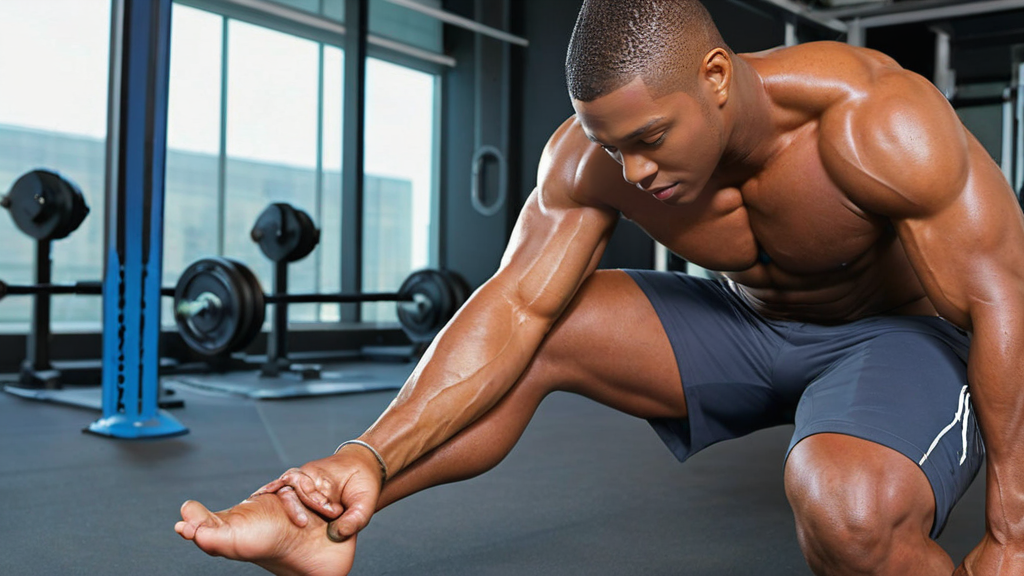Understanding CBD and its Role in Workout Recovery
If you’re an active individual, you’ve likely come across the buzz surrounding CBD and its potential benefits for muscle soreness and workout recovery. Athletes, including strongmen, powerlifters, and CrossFitters, have been increasingly incorporating CBD into their post-workout routines, touting its ability to alleviate muscle soreness and enhance overall recovery. However, like any supplement, the key lies in understanding how, when, and why to use it.
What is CBD and How Does it Work?
CBD, short for Cannabidiol, is a natural compound derived from the Cannabis sativa plant. Unlike its counterpart THC, CBD does not induce a ‘high’ and is known for its potential therapeutic effects on the body. It interacts with the body’s endocannabinoid system, specifically targeting cannabinoid receptors CB1 and CB2, which play a role in regulating relaxation, appetite, and immune responses.
Research on CBD and Muscle Recovery
While research on CBD’s impact on post-workout muscle soreness is still evolving, initial studies have shown promising results. A study published in the International Journal of Physical Education, Sports and Health revealed that athletes who incorporated CBD into their post-workout routine experienced faster recovery and reported reduced muscle soreness at various intervals post-exercise. Additionally, CBD has shown potential in improving sleep quality, which is crucial for effective muscle recovery.
Incorporating CBD into Your Workout Recovery Regimen
When considering CBD as part of your post-workout recovery, it’s essential to follow the usage instructions provided by the product. For CBD oil, placing a few drops under the tongue immediately after a workout, as suggested by the CBD and DOMS study, can be beneficial. Additionally, topical CBD products such as balms and creams can be applied directly to the skin post-exercise to target specific areas of soreness.
Safety Considerations for Athletes
While CBD is generally considered safe, athletes should be mindful of potential side effects such as changes in digestive function, drowsiness, and dry mouth. It’s crucial to source CBD products from reputable vendors that conduct third-party testing to ensure potency, purity, and safety. Additionally, athletes subject to drug testing should be aware of the THC content in CBD products, as THC remains prohibited by certain organizations.
Conclusion
In conclusion, CBD holds promise as a supplement for managing post-workout muscle soreness and enhancing overall recovery. As research in this area continues to expand, athletes can benefit from incorporating CBD into their workout regimens, while being mindful of safety considerations and sourcing high-quality products.
